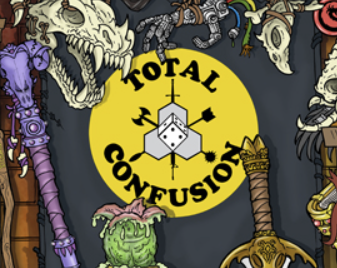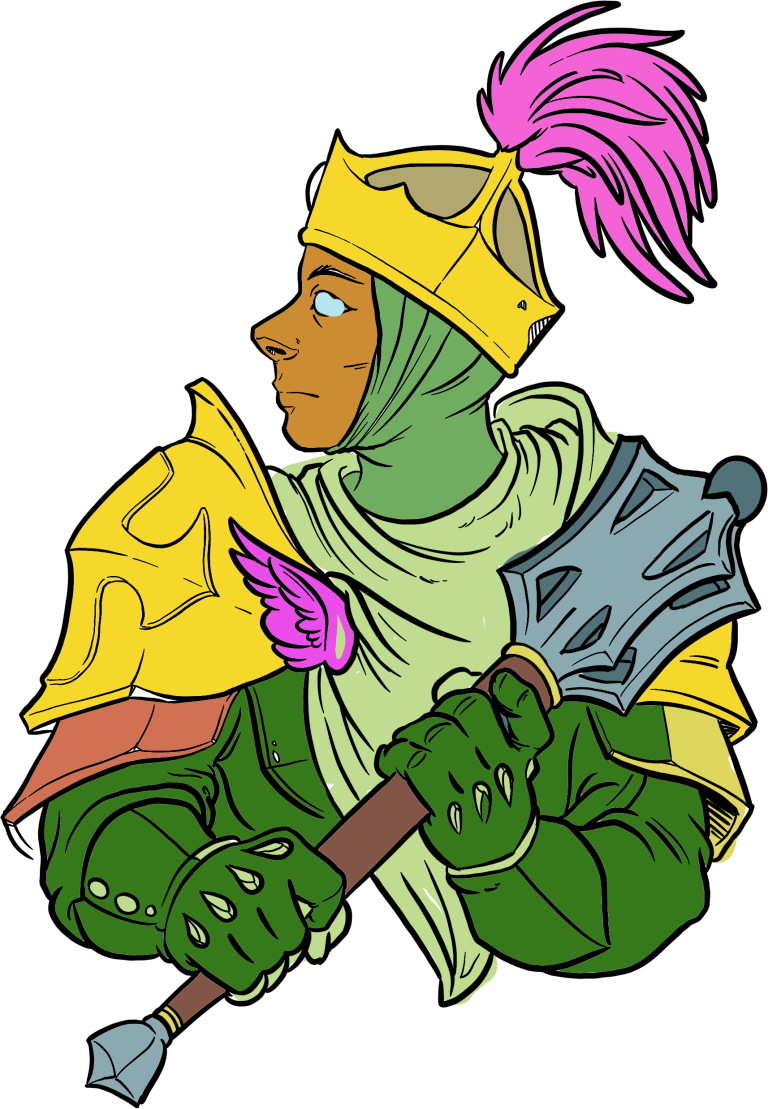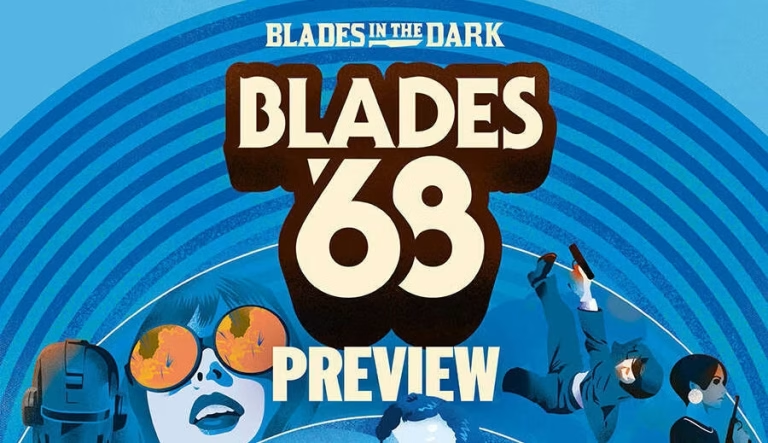TTRPG’s can sometimes deal with some intense issues and themes, such as racism, sexism, slavery, or even going so far as to deal with sexual assault. Thorough consideration should be done before broaching any potentially difficult topics. If tables do end up deciding to include it in game, there are some well-established safety tools that can be used to ensure the comfort of everyone!
Session Zero:
Probably the most important safety tool you can use in a situation such as this, is simply a session zero. Discussing, before even playing, what sort of topics will be broached in this campaign, if there are any topics that any of the players are uncomfortable with – GMs could also ask players to discuss this with you privately beforehand, if they have issues they might not want to discuss in the open.
Pretty much all the sections below will in some way also pertain to Session Zero, since all of these safety tools should be discussed at the table beforehand.
The X Card:
The X Card was an idea created by John Stavropoulos and is discussed in length at his website. The basic premise is that there is a card with an X on it at the table. At any point during a game, players or even the Game Master (GM) can edit out content of the game simply by touching or holding up the card. For example, maybe a group of adventurers has come across a wagon stopped alongside the road and the roadside group is not too happy with an animal so they are inflicting animal cruelty (This is being intentionally left vague so as to not trigger anyone with sensitivity to animal cruelty). A player may realize the description is making them uncomfortable and they don’t want this content in the game, so they touch/hold up the X card. The GM notices the X card, so they change the narrative. Now instead of witnessing animal cruelty, our party sees that it was a big pile of furs and the man was taking out some rage over the cart wheel having broken off. The player no longer has what was making them uncomfortable in the content of the game and the GM has edited the content without asking any questions, which can also help relieve discomfort.
Consent in Gaming:
Another great resource to know about when thinking of psychological safety at the gaming table is Monte Cooke’s Consent in Gaming. This is a free resource you can download to learn more about safety tools at the table. A tool many use is the RPG Consent Checklist which you can get as a form fillable PDF (again for free) from Monte Cooke Games. This tool is nice to give to players before the campaign starts. The form fillable has a space to put your name, but it’s not a bad idea to have a group complete them anonymously. Players/GMs have the ability to disclose ahead of time the theme of the game and the “movie rating” where you anticipate the content might fall. For example, a GM might tell teen and pre-teen groups that they will try to stay at a PG-13 rating at the high end meaning there will be a limit to the graphic content of gore and horror and we try to watch the language we are using at the table. This form allows for players to indicate things they are comfortable with, would like caution around, or simply do not want to see in their games.
The consent checklist is a way to explore your players “Lines and Veils”. Lines refer to a hard boundary that you should not cross. These would be things that you don’t want to come across in the game at all. Veils refer to any content that the players don’t want to have a full view of on screen. This may mean a player is fine with the knowledge that their character exists in an imperfect world where sexual assaults exist, and they may even have had some type of similar trauma from their backstory, but they, as a player, do not want direct contact with descriptions of sexual assault or “on screen” time spent on sexual assault content. Just as a veil can obscure the facial features of the person wearing it, a narrative veil obscures the full details from the storyline. Asking for a veil is asking that the GM and other players use caution around that topic as the narrative could quickly go from “proceed with caution” to “stop, this isn’t fun anymore”.
What are some other tools you’ve seen or used in games that would help players and the GM feel safe at the table? Share some ideas in the comments!





